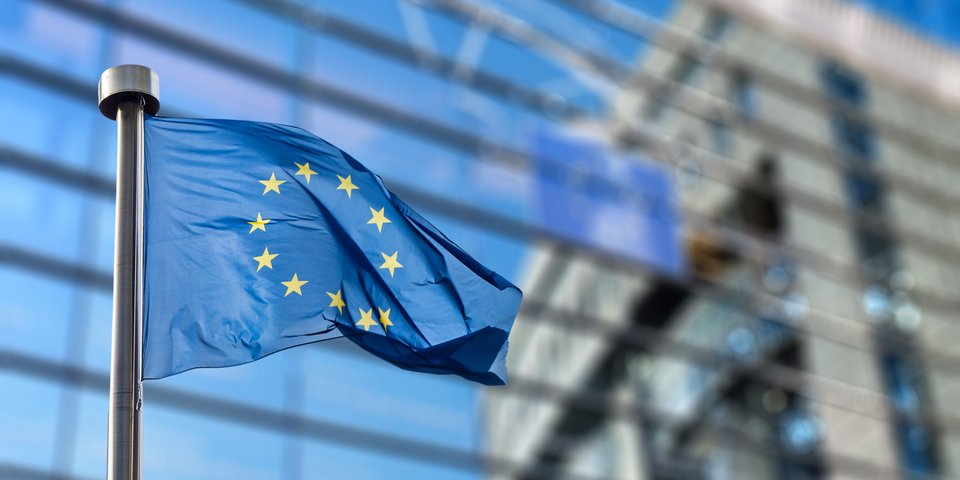 artJazz
artJazzNegotiations about Social Climate Fund have started
70 billion euros are available for distribution
IF – 12/2022
The Social Climate Fund is intended to be
the EU's financial response to protecting its citizens from the effects arising
from climate change (see DSV-News 3/2022). The entire EU has been hit by the full force of the energy
crisis. The European Parliament already voted overwhelmingly
in favour of the Social Climate Fund back in the summer and it is a
multi-billion euro fund negotiated jointly by Members of Parliament David Casa (EPP/MLT) and
Esther de Lange (EPP/NL).
Climate and social issues in double pack
The need to make the transition to carbon neutrality socially just as well is at the heart of the political discussion.
The Social Climate Fund, which is part of the Fit for 55 package, was chosen to be the financial cushion
for any social and employment effects caused by climate change. The Fit for 55
package is a series of legislative initiatives launched by the European Commission under
President Ursula von der Leyen. The EU is aiming to reduce CO2 emissions by 55 per cent by 2030.
Casa will now lead the negotiations with
the EU governments represented in the EU council alongside de Lange and on
behalf of the European Parliament. The first official trialogue negotiations
were held in Brussels on 16 December.
Joint way out of the crisis
More than 70 billion euros are to be
invested in energy-efficiency measures for households and small businesses. The
objective of this policy is to realise a long-term reduction in energy demands
and consumption in European households. Lower energy consumption could help to
reduce emissions and ensure savings for citizens as well as businesses.
Citizens from all income levels are now
feeling the rising energy prices and political solutions must be quickly
implemented so that these price increases in the energy sector can be stopped.
Many people are foregoing previous investments in their daily needs, leisure or
holidays in order to cope with the financial pressure being caused by the high
energy prices. These spending restrictions will have a negative impact on the
circular economy within the EU.
Implementing the fund
Funding for social and climate investments
should initially be provided by the member states and supported by an increase
in funding from the EU as well. The rapporteurs want EU governments to take
immediate action to fund investments for citizens and support the energy costs
through direct income support. But the EU's green plan must first be felt in
people's daily lives.
